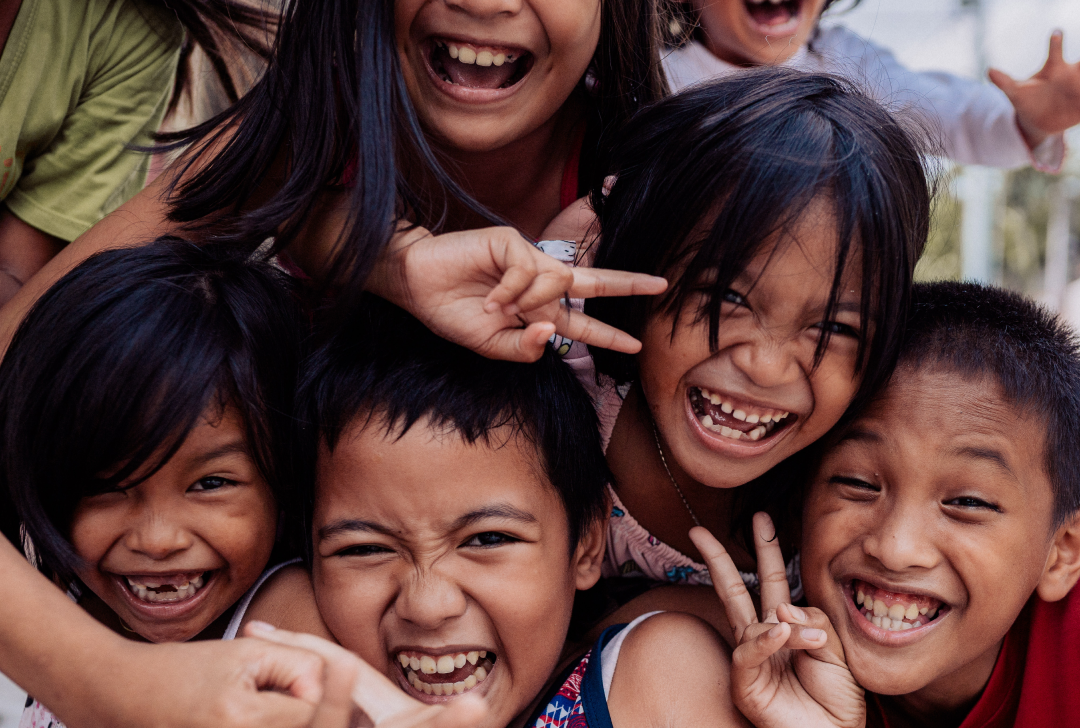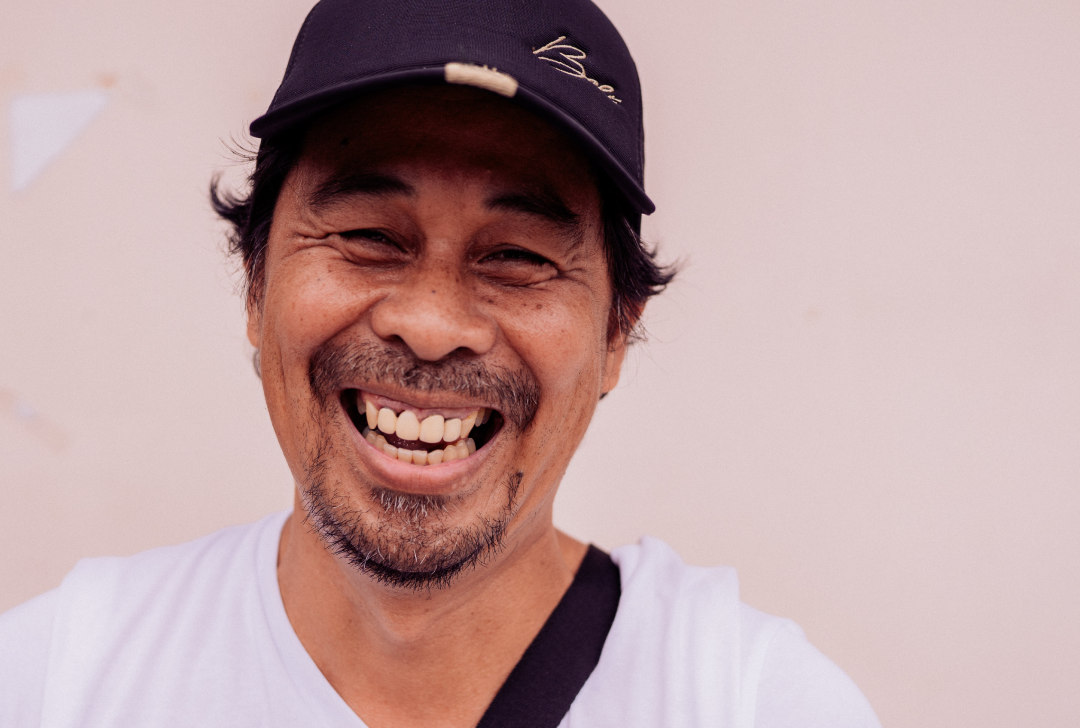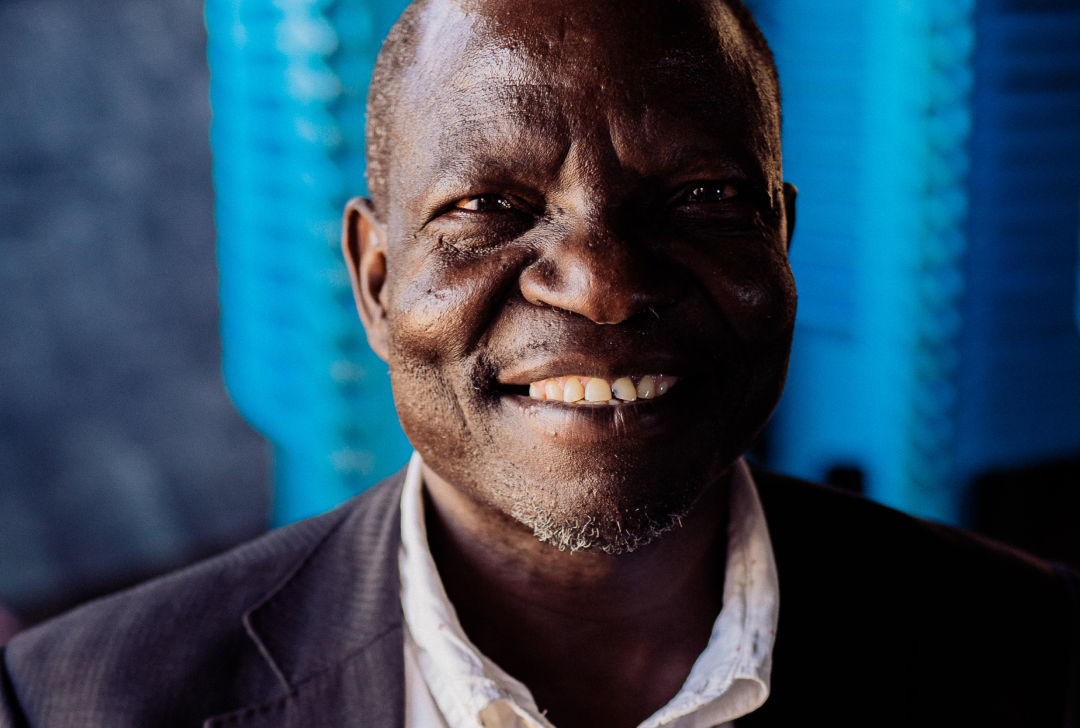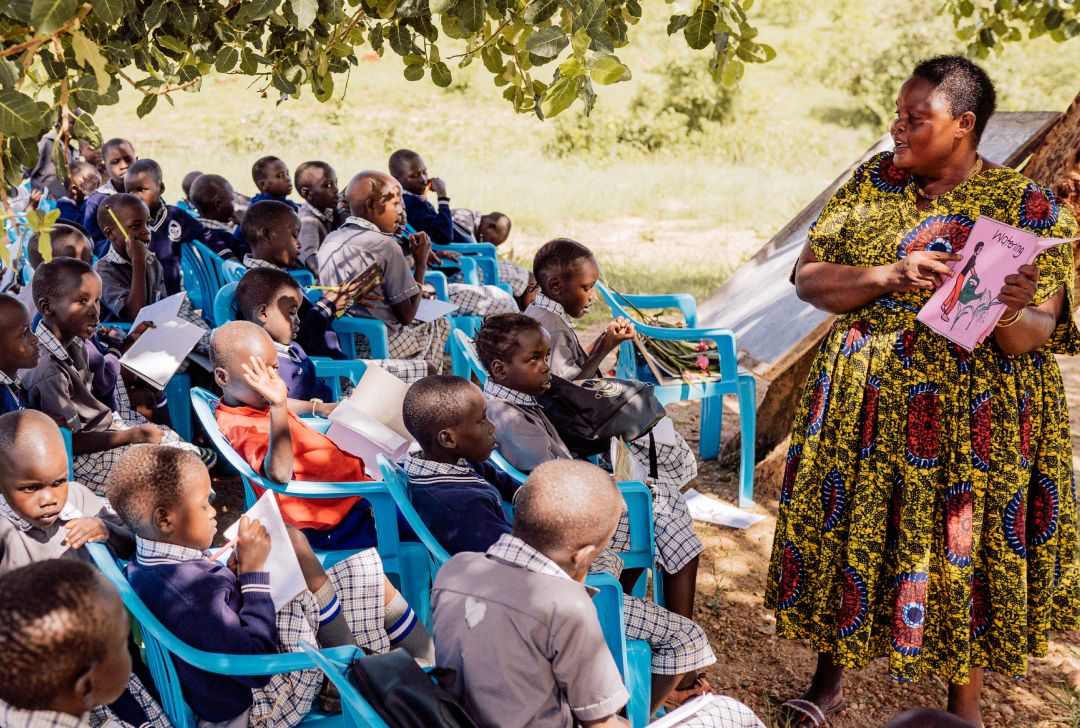Is child sponsorship ethical? Before I started my job at Compassion Australia, I wasn’t completely sure about a sponsorship model of poverty alleviation. These five discoveries changed my mind.
04 Mar, 2024

Dialogue around the best ways to alleviate poverty is nothing new. Aid or development? Individual sponsorship or high-level government action? Local community assistance or international support? As a young person growing up in church, I sat through countless Compassion presentations and felt my heartstrings tugged by beautiful young people whose lives were changed by somebody from across the world. But my sociology study at university also put doubts in my mind as I learned about different perspectives on aid and development. I wanted to be sure that sponsorship was an ethical way to make a difference.
When I began my role at Compassion Australia, I spent a lot of time digging deep into Compassion’s programs and ethical foundations. It didn’t take long for me to see the effectiveness of holistic child development. These are the five discoveries that made me sure that Compassion Australia is not just ethical but is truly making a difference.
1. Support is given to locals by locals
Compassion works with over 8,500 local churches around the world who deeply understand their communities’ needs. We have an incredible team of people with great knowledge and experience, but we don’t claim to have all the answers. Our local church partners know their communities better than we ever could.

Meet Edwin—a local photojournalist in the Philippines
Edwin breathes the same air as the children we serve in the Philippines. He has seen firsthand the transformative power of the local church in a child’s life—and, even after 20 years, he never tires of sharing about it.
“I've been going to these communities since I was a youth,” he says. “I grew up near slum areas and our church—I grew up in a Baptist church—we ministered to the children in the community. And I remember going and teaching little children, bringing food, rainwater, gathering them, singing together. And yeah, I feel that the Lord really led me to this organisation. I never left it. And I don't intend to.”
“I really find the sponsorship program balances the world,” he says. “People who have material possession can share that. But they may lack in other things like faith and simple joy. And that is what people here have.”

Meet the locals of Karamoja
In 2023, some of the team from Compassion Australia travelled to Karamoja, Uganda, to meet 10-year-old Vicky. Yet we found that Vicky’s story couldn’t be separated from those of the people in her neighbourhood. The local staff are passionate about the people they serve and believe that through the power of God, they will see transformation in the region of Karamoja.
Reverend Francis explains that, through partnership with Compassion, the local church can meet the needs of their community more effectively by understanding the context of the need and tailoring their response accordingly. The challenges are quite overwhelming, but Reverend Francis finds encouragement when he sees the local children filled with joy as they come to church. “I feel God is answering our prayers of transformation,” he says.
Read the incredible stories of local people, who themselves have very little but have chosen to live with outstretched hands and hearts to the community around them.
2. Wise stewardship is a top priority
In my time at Compassion, I have come to be sure that we are committed to stewarding the donations of our generous supporters with care and wisdom. Integrity is valued by God and is therefore a value that drives the whole organisation in Australia and across the world. We want to see more children released from poverty in Jesus' name and we believe good financial prudence will allow us to be "trusted with much" in the future (Luke 16:10).
Each year, you can read a full report of how your donations were used to further God’s kingdom. The annual report shows with full transparency your impact on the children we serve.

3. Every child is known and loved
Over two million children are supported by Compassion in over 25 countries. From the surface it can be hard to be sure that children are known as more than a statistic. And yet, every day I read stories of children who have been personally seen and supported by committed and generous people in their community.
I read stories like Oka’s who was so impacted by his local church that he went back as an adult to give children the same hope he gained through the Compassion program. I get to know young people like Karunia who are overcoming social stigma and growing in confidence every day. I hold back tears as I watch Collins and his grandmother Nachi find out they have been gifted a new home after they lost everything in a rainstorm.
When a community supports a child, that child grows up to do the same. You only need to look as far as Daniel’s story to see how the local church is showing children they are loved.
4. Compassion is about more than sponsorship
If you think of Compassion and think only of a sponsorship program, you’re not alone. But did you know that sponsorship is only one avenue of support? Compassion has a wide range of programs run by local community members who walk alongside people living in poverty through every stage of development. Our Mums and Babies program intervenes from the first sign of life, making sure both mum and baby are given every resource they need to thrive. With a one-off donation, I learned that I could support a new mother as she takes on her greatest challenge yet and know that she is being cared for by a community full of love and support.
While sponsorship does make a big impact, every child will at some point require care beyond sponsorship alone. When disaster strikes, Compassion equips and empowers communities to stand in the gap for children and families who need an extra helping hand. With a Critical Needs donation, I learned that in the same way I would step up for a neighbour in crisis, I could support my global neighbours when unexpected tragedy hits.

5. Compassion sees results
Here are just a few examples based on data from Compassion’s Monitoring, Evaluation Research and Learning team who are constantly assessing outcomes for children:
- Children participating in the Compassion program in Ethiopia are 180 per cent more likely to be attending post-secondary education.
- 94 per cent of pastors in Peru and Guatemala reported graduates of the Compassion program are making a difference in the community.
- Compassion youth surveyed in Ghana are 96 per cent more likely to have attended leadership training.
In moments when I feel unsure of what to do in the wake of the deep complexities of poverty, I am reminded of Psalm 82:3 (NIV).
Defend the weak and the fatherless; uphold the cause of the poor and the oppressed.
After two years working with Compassion Australia and hearing and sharing the stories of some of the bravest people in the world, I confess I am now an unashamed advocate for the long-term impacts of a holistic child development program. Every child deserves a chance to thrive. Sponsorship not only gives them the opportunity to overcome obstacles thrown their way, it also gives us the incredible chance to pray for, know and love a child individually while impacting a whole community.
Do you want to learn more about how you can ethically and holistically support children living in poverty? These resources helped me in my research journey:
- Aid or Development: What is Needed to Stop Hunger?
- Audio Blog: Interview with Dr. Kapere, Malnutrition Expert
- Poverty Explored (Parts 1-4)
- The Good Neighbour Docuseries
- Peer-Reviewed Research: Dr. Wydick on Compassion’s Program
Written by Abigail Hogarth, Compassion Australia

